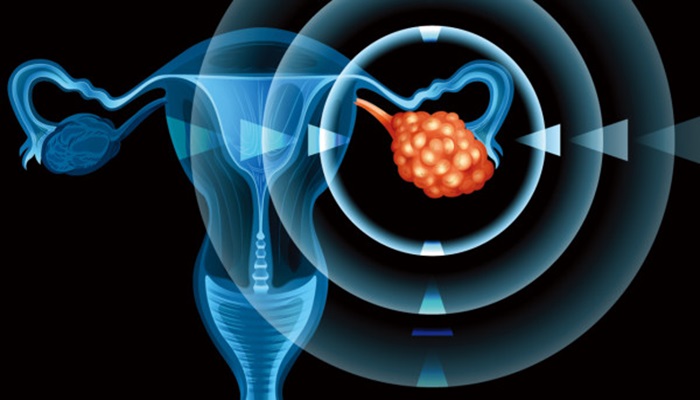Polycystic ovary syndrome (PCOS) is a prevalent and complex hormonal disorder that exerts a significant impact on women’s lives. Its effects are far – reaching, touching on various aspects of physical, mental, and reproductive health.
The history of the discovery of polycystic ovary syndrome (PCOS) dates back to the early 20th century. In 1935, Irving F. Stein and Michael L. Leventhal first described a syndrome characterized by enlarged ovaries with multiple cysts, amenorrhea (absence of menstruation), and hirsutism (excessive hair growth). Their work was a milestone in the recognition of this hormonal disorder. They observed a group of patients with these symptoms and noted the association between the ovarian appearance and the hormonal and menstrual irregularities.
Their initial description led to the condition being named Stein – Leventhal syndrome. However, as research progressed, it became clear that the syndrome was more complex than just the presence of polycystic ovaries and the associated symptoms they first described.
Physically, PCOS often leads to irregular menstrual cycles. Women may experience periods that are infrequent, prolonged, or heavy. This irregularity can be a source of distress and inconvenience, and in some cases, it may lead to more serious issues such as anemia due to excessive blood loss during heavy periods. Additionally, PCOS is commonly associated with hirsutism, which is the excessive growth of hair in areas where men usually have more hair, like the face, chest, and abdomen. This can cause significant psychological distress as it affects a woman’s body image and self – esteem.
Another common physical manifestation of PCOS is acne. The hormonal imbalances associated with the syndrome can trigger the overproduction of sebum, leading to the development of acne. This can range from mild to severe, and it often persists beyond the typical teenage years when acne usually subsides. The presence of acne can also have an impact on a woman’s social life and self – confidence.
Weight gain is also a frequent issue in women with PCOS. Many women with the syndrome struggle with losing weight or maintaining a healthy weight. The hormonal imbalances can lead to insulin resistance, which in turn can make it more difficult for the body to process carbohydrates and fats effectively. This weight gain can further exacerbate other symptoms of PCOS, creating a cycle that is challenging to break.
Reproductively, PCOS can have a major impact. The hormonal disruptions often lead to anovulation, or the lack of ovulation. This can make it difficult for women to conceive. Infertility associated with PCOS is a significant concern for many women, and it may lead to them seeking fertility treatments, which can be expensive, time – consuming, and emotionally draining. Even when women with PCOS do conceive, they are at an increased risk of pregnancy complications such as gestational diabetes, pre – eclampsia, and miscarriage.
Mentally, the effects of PCOS can be just as significant. The combination of physical symptoms, such as hirsutism, acne, and weight gain, along with the challenges related to fertility, can lead to high levels of stress, anxiety, and depression. Women may feel self – conscious about their appearance, frustrated with their inability to control their weight or conceive, and worried about the long – term health implications of PCOS.
In conclusion, PCOS has a profound and multi – faceted impact on women. Understanding these effects is crucial for both women affected by the syndrome and the healthcare providers who treat them. By raising awareness of the wide – ranging consequences of PCOS, we can better support women in managing this condition and improving their overall quality of life.
Read more


